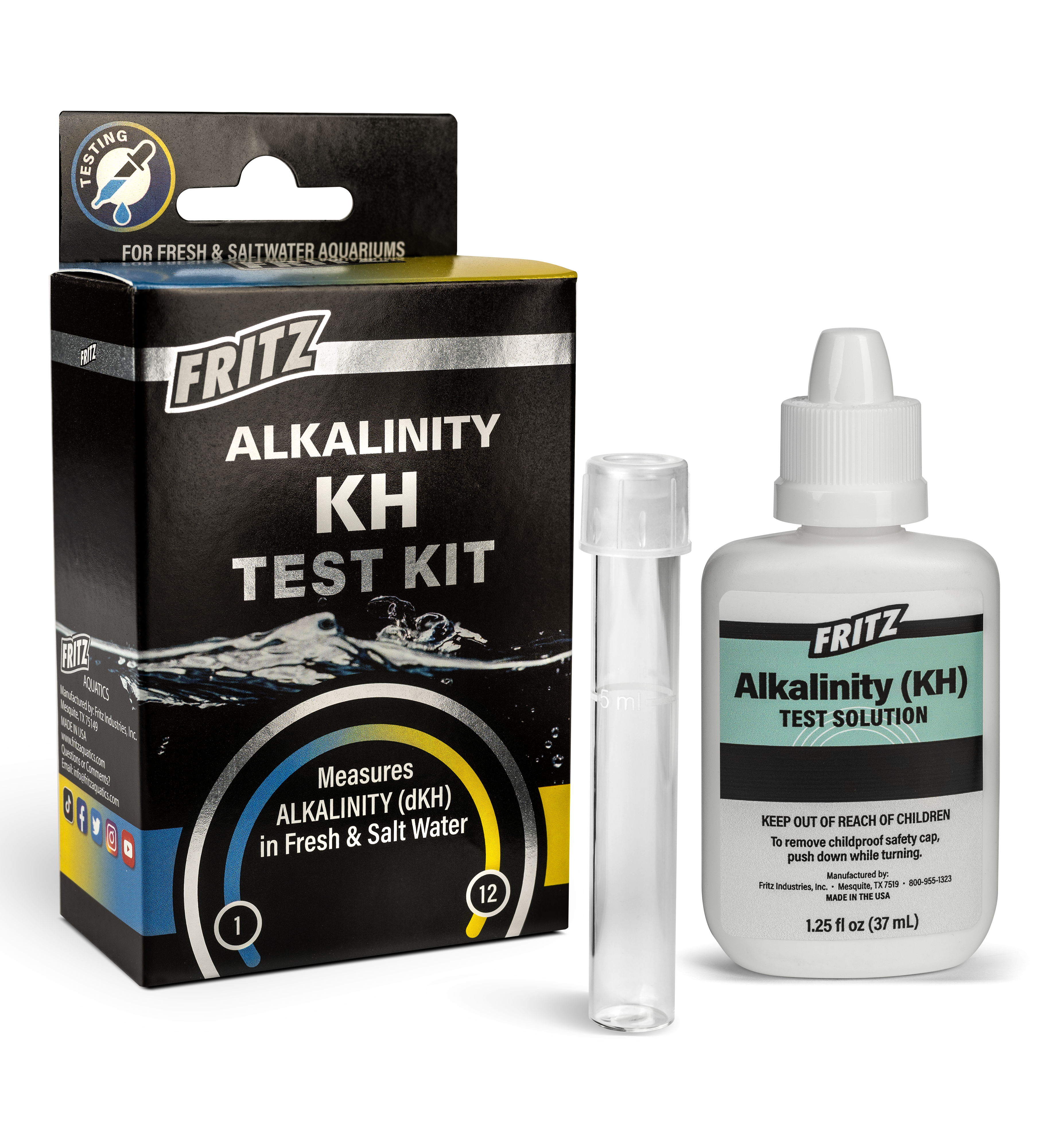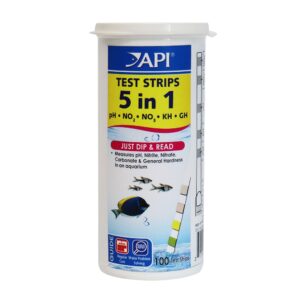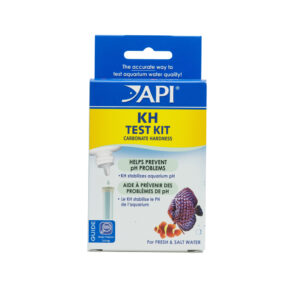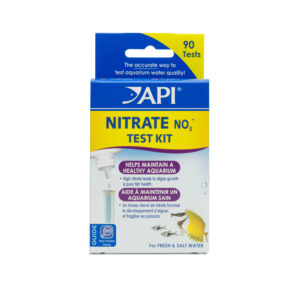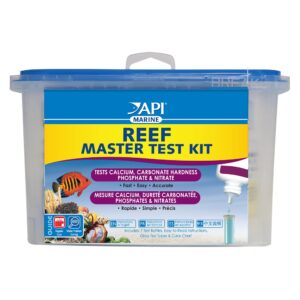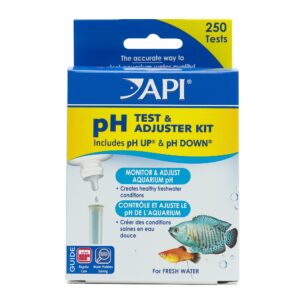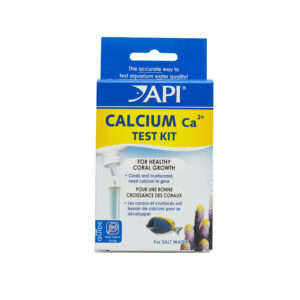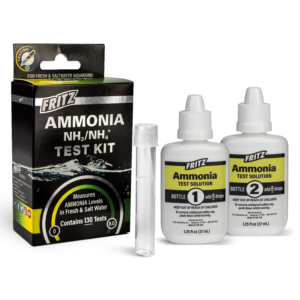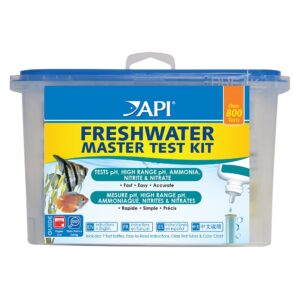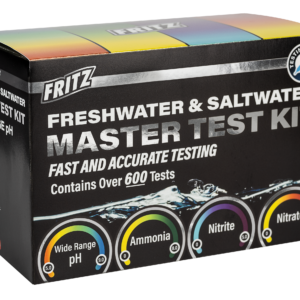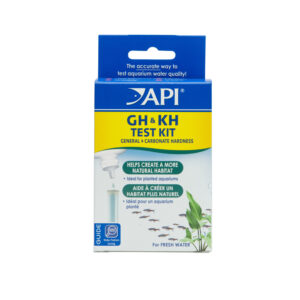-
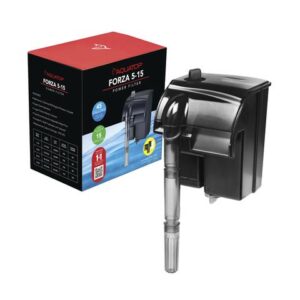 Aquatop Forza Power Filter 5-15 - Up to 15 gal
×
$17.991 × $17.99
Aquatop Forza Power Filter 5-15 - Up to 15 gal
×
$17.991 × $17.99 -
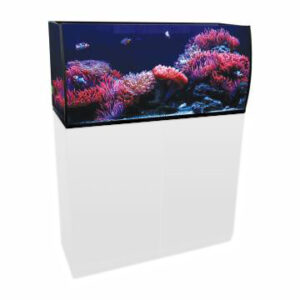 AquaTop Bowfront Arc 30 g Bundled Tank Kit 36"x13"x16"
×
$677.991 × $677.99
AquaTop Bowfront Arc 30 g Bundled Tank Kit 36"x13"x16"
×
$677.991 × $677.99 -
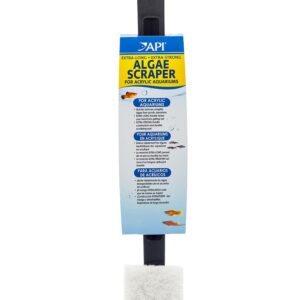 API Algae Scraper for Acrylic, XL
×
$9.181 × $9.18
API Algae Scraper for Acrylic, XL
×
$9.181 × $9.18 -
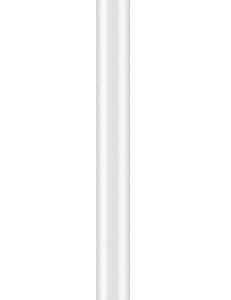 Continuum AquaBlade M Scraper 24"
×
$30.741 × $30.74
Continuum AquaBlade M Scraper 24"
×
$30.741 × $30.74 -
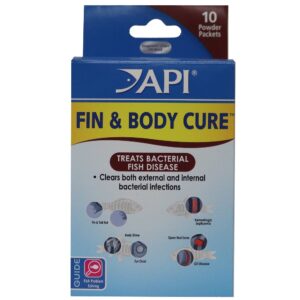 API Fin & Body Cure Powder
×
$16.381 × $16.38
API Fin & Body Cure Powder
×
$16.381 × $16.38 -
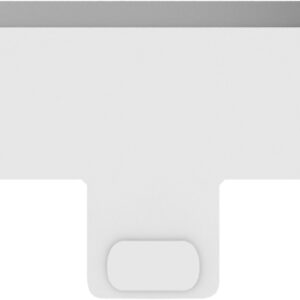 Continuum AquaBlade M Stainless Blade 30pk
×
$108.821 × $108.82
Continuum AquaBlade M Stainless Blade 30pk
×
$108.821 × $108.82 -
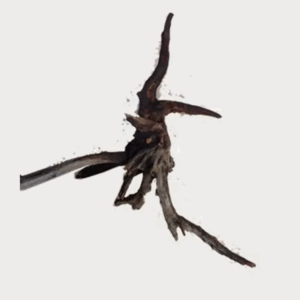 Naturescapes Saba Wood XL
×
$135.981 × $135.98
Naturescapes Saba Wood XL
×
$135.981 × $135.98 -
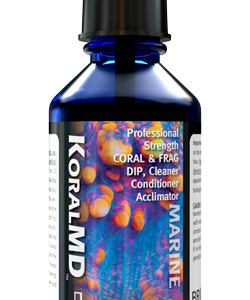 Brightwell Koral MD Pro 125ml
×
$65.051 × $65.05
Brightwell Koral MD Pro 125ml
×
$65.051 × $65.05 -
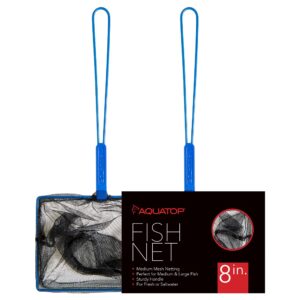 Aquatop Fish Net 8" - Med. Mesh
×
$8.991 × $8.99
Aquatop Fish Net 8" - Med. Mesh
×
$8.991 × $8.99 -
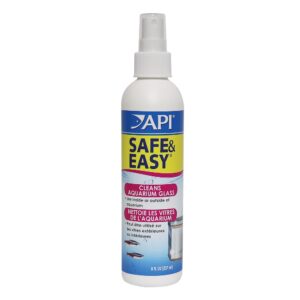 API Safe & Easy Aquarium Clearner 8oz
×
$7.981 × $7.98
API Safe & Easy Aquarium Clearner 8oz
×
$7.981 × $7.98 -
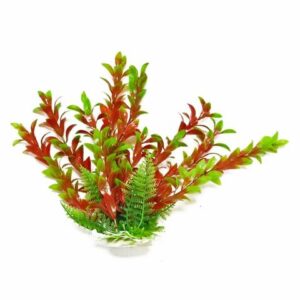 Hygro-like 9" w/weighted base Bag & Header, Green/Red
×
$8.991 × $8.99
Hygro-like 9" w/weighted base Bag & Header, Green/Red
×
$8.991 × $8.99 -
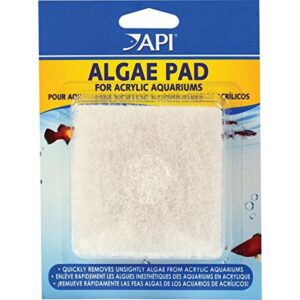 API Algae Pad for Acrylic
×
$3.381 × $3.38
API Algae Pad for Acrylic
×
$3.381 × $3.38 -
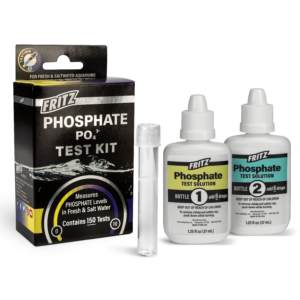 FRITZ Phosphate Test Kit
×
$14.991 × $14.99
FRITZ Phosphate Test Kit
×
$14.991 × $14.99

